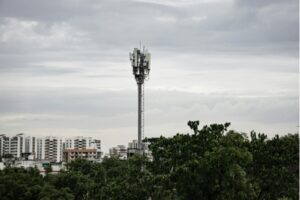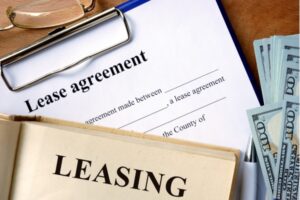Cell Tower Dispute Resolution
What We Provide
Resolving Disputes with Cell Tower Operators
Dispute resolution arises from issues between property owners and cell tower operators. Often, these issues have been problematic for an extended period, making timely resolution crucial. If you’re experiencing challenges with your cell tower lease, JP Tower Consulting is here to help.

Looking for the Best Cell Tower Consulting?
JP Tower Consulting
Tower Dispute Resolution: Identifying and Addressing Encroachments
Encroachment occurs when a cell tower operator uses space beyond what’s leased. This issue, though not common, requires property owners to be aware of the exact leased area. Tower companies may rectify this in the next agreement, often without the property owner’s knowledge. It’s essential to have an attorney review the contract if you suspect encroachment. Another form of encroachment involves carriers installing fiber outside the easement. This can be identified through a survey, as carriers may take shortcuts to be cost-effective. Ensuring that all installations comply with the lease terms protects your property rights.
Ensure your property rights are protected. Schedule a contract review with JP Tower Consulting today.
Handling Mislocated Towers and Other Disputes
In some cases, towers have been built on the wrong property. When this occurs, it often leads to substantial renegotiations, especially if the tower hosts multiple carriers. Additionally, issues such as non-escalating leases, missing revenue share payments, or missed payments can arise. These disputes can significantly impact your revenue and property value. It’s advisable to have a consultant handle these disputes to ensure they are resolved effectively.
Don’t let disputes affect your property value. Reach out to JP Tower Consulting for professional dispute resolution services.
Need Information
FAQs About our Dispute Resolution Consulting Service
It's best to consult with a specialist first before considering legal action. A consultant can assess the issue and advise if legal counsel is necessary. Lawyers often require large retainers, so it's wise to explore other options first. At JP Tower, we provide honest assessments and can guide you appropriately. Even if legal discussions are recommended, our services are valuable for understanding tower values and securing fair deals.
Most likely, yes. Tower companies tend to move slowly to avoid necessary payouts, so hiring a competent telecom attorney is crucial. However, choose an attorney who won't alienate the tower company or inflate billable hours, as this can hinder negotiations. Some attorneys may seek more than the tower's worth. A consultant, less emotionally involved, can provide valuable guidance and prevent potential risks that an overly aggressive attorney might overlook.
This question comes up frequently, often involving heirs inheriting a lease or it being sold without their knowledge. If you're in a tough situation, finding a default on the tower company's part is key. Look for issues like incorrect tower placement, unauthorized space use, missed payments, or lease violations. While it's challenging, older leases from the late 90s or early 2000s may have overlooked issues that can be enforced now. Newer agreements cover these past problems for cell tower companies.
Depending on the severity of the encroachment, you have an opportunity to negotiate additional rent or a one-time payment. Don't sign anything without expert review of the tower company's documents. Sometimes, they ignore issues until you push back. Sending a default notice shows you're serious and speeds up responses. Tower companies often underestimate property owners' willingness to pursue legal action. However, if they're clearly at fault, firm action may be necessary to resolve the encroachment.
You're in luck! In such cases, negotiating a great deal is possible, especially if the tower company has added tenants over time. They prefer not to lose that revenue or incur the high cost of building a new tower. Hire a cell tower consultant to assess and negotiate a fair deal. Beware of consultants who ask for monthly residuals; it's not recommended to work with them. At JP Tower Consulting, we don't ask for monthly residuals, believing our services should not entitle us to them. Be assertive yet patient, and you can secure a lucrative deal.
News & Articles
Exploring the Latest Trends in Tower Consulting
Your go-to resource for all things related to the world of cellular infrastructure.



